Lupi-HCG 5000 IU Injection
$66.00 – $150.00Price range: $66.00 through $150.00
| Pack Size | Price | Price / Unit | Quantity | |
|---|---|---|---|---|
| 3 Packs | $66.00 | $22.00/ unit | ||
| 5 Packs | $90.00 | $18.00/ unit | ||
| 10 Packs | $150.00 | $15.00/ unit |
Looking for bulk / B2B pricing? | Send Inquiry |

| SKU | 11456 |
| Manufacturer | Lupin Ltd |
| Categories | Hypogonadism |
| Delivery Time | 10 - 14 Working Days |
| Strength | 5000 IU |
Introduction to Lupi-HCG 5000 injection
Lupi-HCG 5000 Injection is a prescription medication commonly used in the treatment of fertility-related conditions. It contains human chorionic gonadotropin (HCG), a hormone that supports reproductive health in both men and women. This injection is administered under medical supervision. This medicine is manufactured by Lupin Ltd.
For women, Lupi-HCG 5000 is often used to trigger ovulation, especially in those undergoing assisted reproductive techniques. It helps in the maturation of eggs in the ovaries and prepares them for release. Doctors may prescribe it as part of a fertility treatment plan.
In men, this injection can help treat conditions related to low testosterone levels or delayed puberty. It stimulates the testes to produce hormones necessary for sperm production and sexual development. This can be particularly useful in cases of hormone imbalance or infertility.
Uses of Lupi-HCG injection
Human Chorionic Gonadotropin (HCG) injections have various medical uses, and they are primarily associated with reproductive health and fertility treatments. Here are some common uses of HCG injections:
- Fertility Treatment
- Treatment of Hypogonadism in Men
- Cryptorchidism
- Weight Loss (Controversial)
- Stimulation of Sperm Production
- Luteal Phase Support
- Diagnosing Pregnancy
How Does Lupi-HCG injection Works?
Lupi-HCG 5000 Injection works by mimicking the action of the natural hormone human chorionic gonadotropin (HCG), which plays a vital role in the reproductive system. In women, it stimulates the ovaries to release a mature egg, aiding ovulation and enhancing fertility treatment outcomes.
In men, this injection stimulates the Leydig cells in the testes to produce testosterone, which is crucial for sperm production and sexual development. By promoting hormone balance, Lupi-HCG 5000 helps treat certain types of infertility and hormonal deficiencies effectively under proper medical supervision.
Side Effects of Lupi-HCG 5000IU
- Local Reactions at Injection Site
- Headache
- Breast Tenderness or Swelling
- Mood Swings and Irritability
- Ovarian Hyperstimulation Syndrome (OHSS)
- Fluid Retention
- Gastrointestinal Symptoms
How To Manage Side Effects?
- Stay Hydrated
- Apply Ice for Injection Site Reactions
- Monitor for Severe Symptoms
- Avoid Strenuous Activity
- Inform Your Doctor About All Medications
- Regular Medical Follow-Ups
Warnings & Precautions
Human Chorionic Gonadotropin (HCG) injections, it’s important to note that the dosage can vary based on individual factors, the specific treatment protocol, and the healthcare provider’s assessment. Here are some additional considerations for different uses of HCG and their respective dosages:
1. Weight Loss (Controversial and Not FDA-Approved):
- The controversial use of HCG injections for weight loss typically involves a daily injection alongside a very low-calorie diet. Dosages in this context are often much lower than those used for fertility treatments or hormone replacement therapy.
- However, it’s important to emphasize that the FDA does not approve HCG for weight loss, and the efficacy and safety of such use are widely debated in the medical community.
2. Luteal Phase Support in Fertility Treatments:
- When used to support the luteal phase in fertility treatments, the dosage of HCG can vary. It may be prescribed in combination with other medications, and dosages could range from 1,000 to 2,000 IU or more.
3. Assisted Reproductive Technologies (ART):
- In certain ART protocols, healthcare providers may use HCG for purposes such as triggering final egg maturation before egg retrieval in in vitro fertilization (IVF).
- Dosages for ART applications can vary but often fall within the range of 5,000 to 10,000 IU.
4. Hormone Replacement Therapy (HRT):
- In some cases of hormone replacement therapy for men or women, HCG may be included to help maintain natural testosterone production in men or to support hormonal balance in women.
- Dosages for HRT with HCG can vary, and healthcare providers will determine the appropriate amount based on individual needs.
5. Post-Cycle Therapy (PCT) in Bodybuilding:
- Some individuals who use anabolic steroids for bodybuilding may incorporate HCG into their post-cycle therapy to stimulate natural testosterone production.
- Dosages for PCT can vary widely, and individuals often follow specific protocols recommended by knowledgeable healthcare professionals.
Storage
- Refrigeration Required
- Keep Away from Light and Heat
- Do Not Use After Expiry
- Keep Out of Reach of Children
Frequently Asked Questions
1. How Do I Take Lupi-HCG 5000 Injection Properly?
Ans. Lupi-HCG 5000 should be taken exactly as prescribed by your doctor. It is usually administered as an intramuscular injection under medical supervision. Do not self-inject unless your healthcare provider has trained you on proper technique.
2. How Long Does It Take For Lupi-HCG 5000 To Show Results?
Ans. The time it takes for Lupi-HCG 5000 to show results depends on the condition being treated. In fertility treatments, effects may be noticed within a few days, while for hormonal therapies in men, it may take several weeks.
3. What Should I Do If I Miss A Dose Of Lupi-HCG 5000?
Ans. If you miss a dose of Lupi-HCG 5000, contact your doctor immediately. Do not take a double dose to make up for the missed one, as timing is very important in fertility treatments.
4. Can Lupi-HCG 5000 Interact With Other Medications?
Ans. Yes, Lupi-HCG 5000 may interact with other hormonal or fertility medications. Always inform your doctor about all medicines you are taking, including over-the-counter drugs and herbal supplements.
| Pack Size | 10 Packs, 3 Packs, 5 Packs |
|---|---|
| Price/Unit | $15/unit, $18/unit, $22/unit |
5 reviews for Lupi-HCG 5000 IU Injection
Add a review Cancel reply
Related Products
No related Products Found

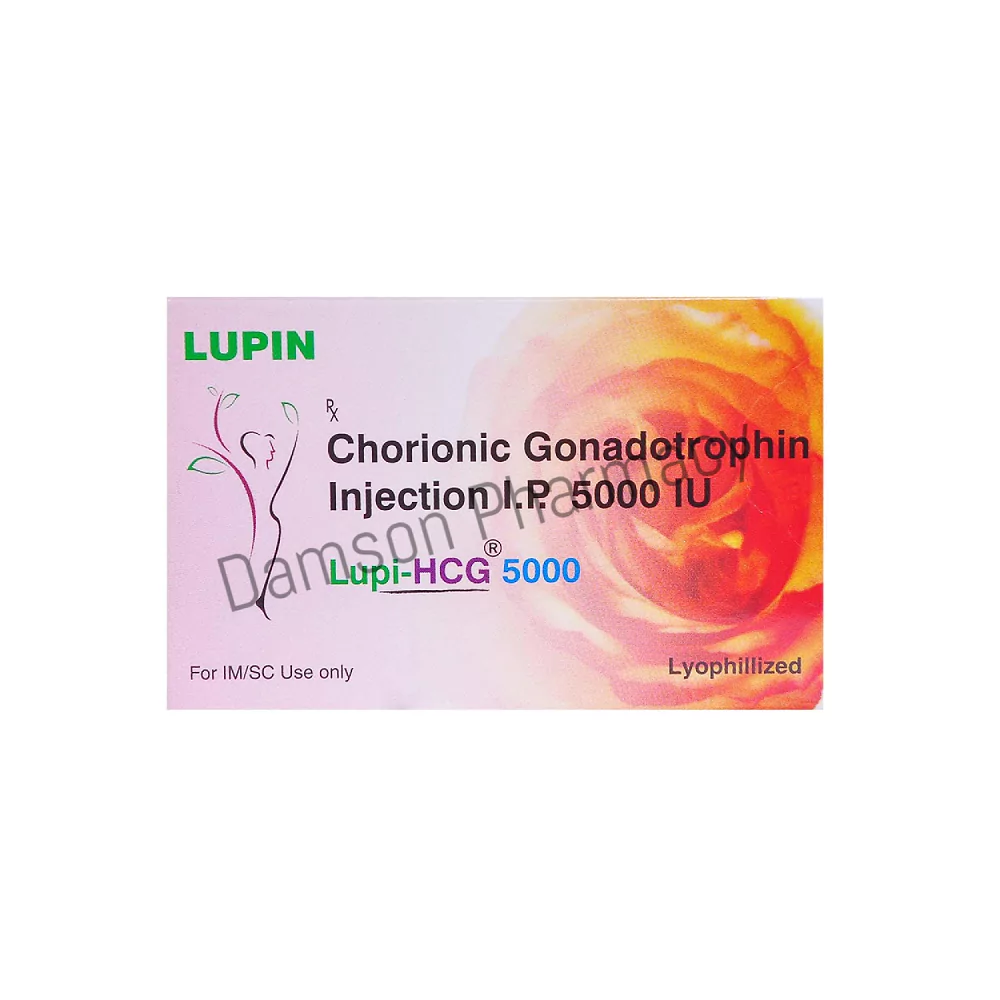

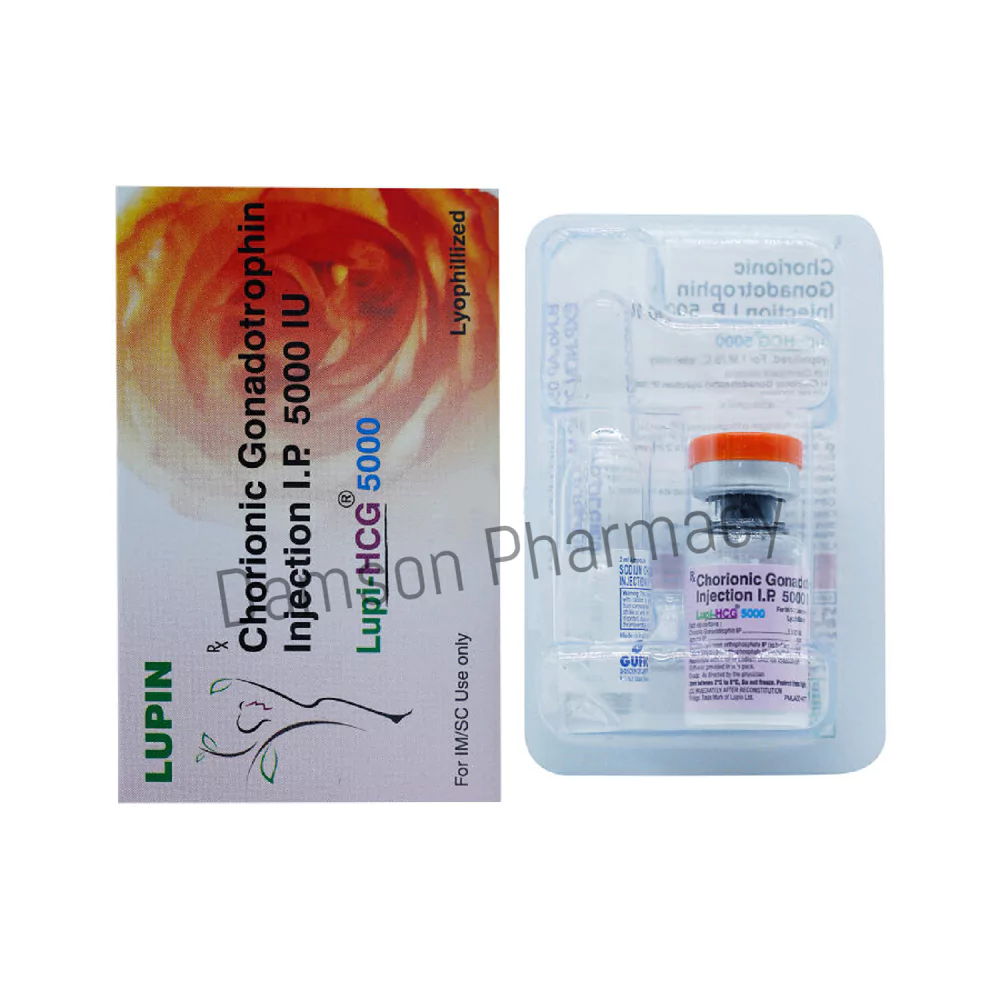

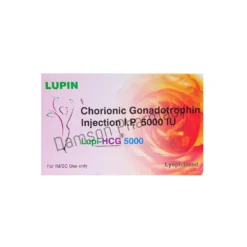
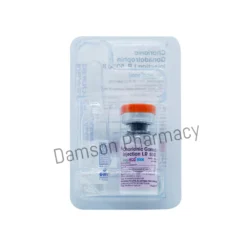
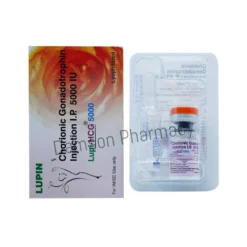

anderson champ –
Lupi-HCG 5000 Injection is highly effective for fertility treatments, providing reliable results with minimal side effects.
Bernet –
consistently excellent service!
Allan –
Fast, cost-efficient, accurate prescription fulfillment process.
Kevin Lync –
All ok. Fast delivery.
Allan Drummond –
Can’t fault anyone who you speak with or email them they are always there for your needs and help even call you to discuss your concerns or issues with your medication.